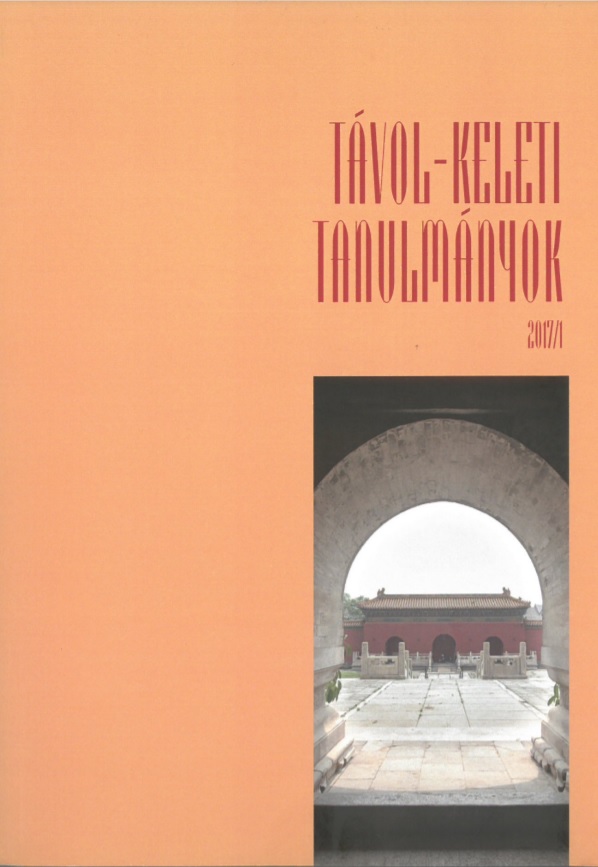Örökké a múlt árnyékában? (Dél-)Korea és Japán ellentmondásos kapcsolata a 20. században
Published 2018-03-01
How to Cite
Copyright (c) 2018 the author(s)

This work is licensed under a Creative Commons Attribution-NonCommercial 4.0 International License.
Abstract
The 35-years-long Japanese colonial period left a century-long wound on the South Korean-Japanese relations. It took two decades from the end of World War II to re-establish basic diplomatic relations, then it took more long decades to initiate a gradual approach. Even seventy years after the end of World War II, relations between the two countries are so unstable and fragile that this slow progress can be easily wiped out by a new conflict caused by a single thoughtless statement. Preserving this situation and this vulnerability is partly artificially generated as some political actors gain benefits from the legitimating power of nationalism and they use the media to achieve this goal. Due to the fact that politics is the only segment with an insignificant progress between the two countries in the last decade, it is an odd-oneout in the South Korean-Japanese relations, if we compare it to the development of economic or cultural cooperation. However, this intriguing circumstance can be overwritten by two changing factors. The first but slower one is the change of generations; however, in this case media and its influencing capacity shouldnot be forgotten. The other, much faster and more efficient factor is, as far as it serves state interests, mediation and lobby from the United States, which has just recently shown its real significance on this topic.
